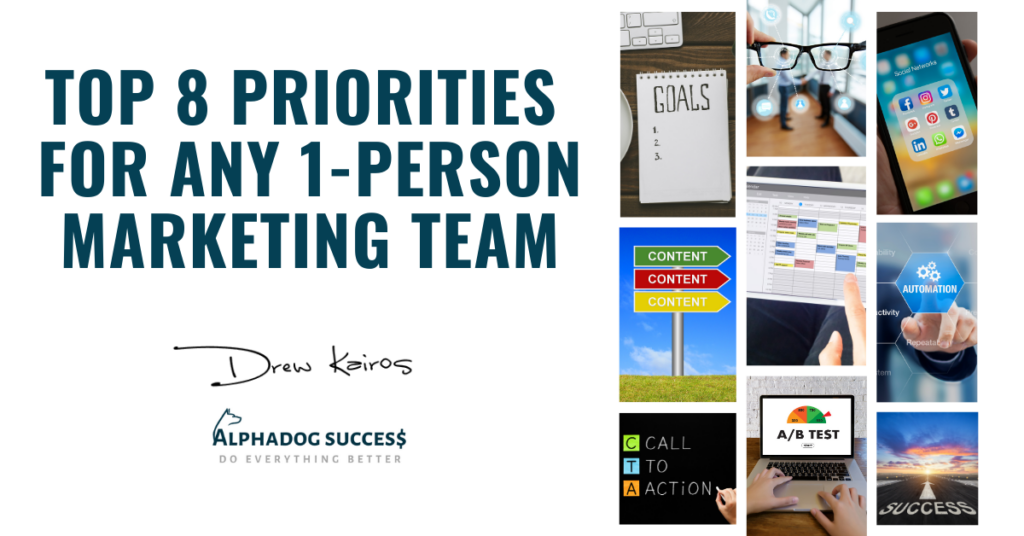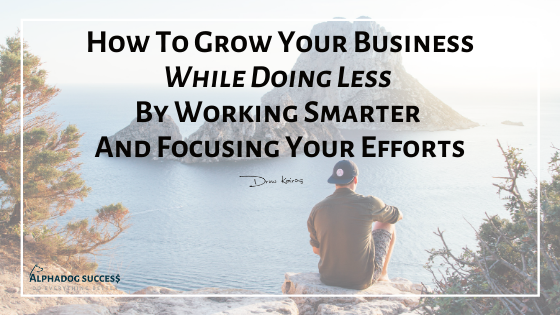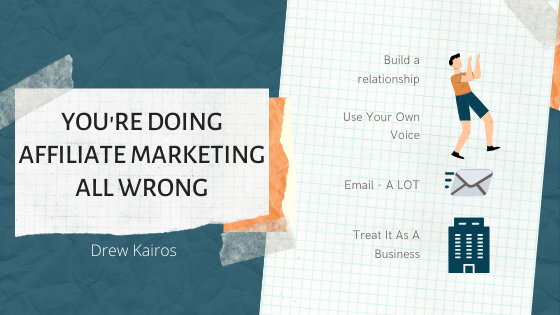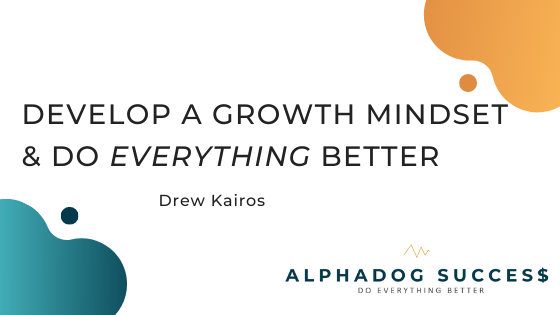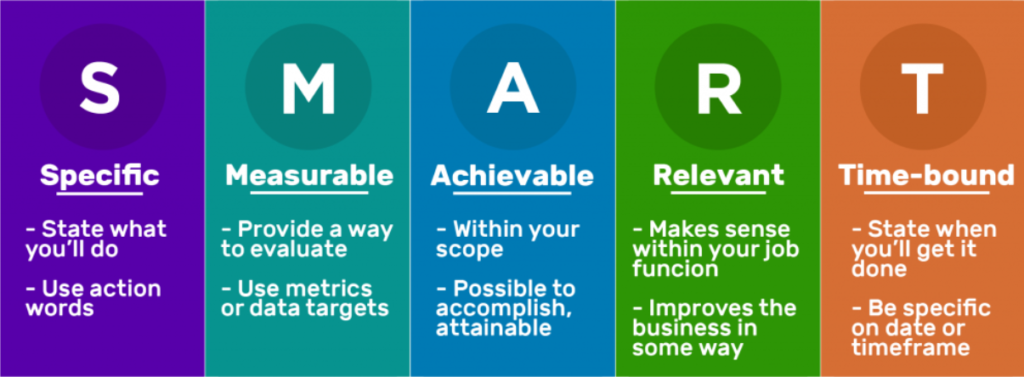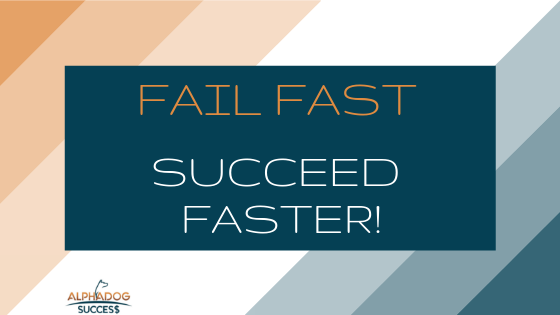8 Important Tasks for One Person Marketing Teams
You could easily succeed if you had a dedicated team, a million-dollar marketing budget, and 48 hours in a day. But that’s not how real life works. Especially for a new entrepreneur or one-person marketing team. It’s easy to get into the “if only” mindset when you’re the only employee/marketer at your company. But if you want to grow your business, it’s important to get solution-oriented. Try to focus on getting the biggest ROI from every marketing activity you have the time and resources to execute. To help you out – I’ve compiled eight incredibly important marketing activities that a one-man or one-woman team can execute that will start moving key metrics. No more dilly dallying around with things that don’t move the needle. 1) Set strategic and measurable marketing goals. Before you start posting, sending emails or scheduling tweets, be sure you’ve properly set goals for your marketing. Think of your marketing like a road trip. You wouldn’t start driving until you’ve found your destination, and mapped out the most effective route to get there. In the same way, you should always make sure your activities and goals help you drive your business forward. You wouldn’t want a goal of converting more leads into customers if you aren’t converting visitors into leads already. You can’t pull people through the funnel until you’ve gotten them there in the first place. And of course, ensure the goals you set are measurable. For instance, if your goal is to increase visitor-to-lead conversion rate, think about whether you have the tools in place to measure whether you’re doing that. If you need help determining which goals are right for your business, check out my guide to setting SMART goals. 2) Establish exactly who your target audience is. With only so much time in the day to devote to marketing, you want to make sure that every piece of content you produce (ebook, landing page, blog post, or email) is on-target and effective. Wouldn’t it be frustrating to spend a ton of time creating content that falls on deaf ears? The best way to guard against wasting your time creating content is to create and use buyer personas/ideal client/customer avatar/etc. If you’re not familiar with buyer personas, they’re models for what your ideal customers are like. A persona includes information such as what sort of person they are (education, income level, or job, for example) as well as what’s important to them (saving time or money, for example). If you haven’t developed them yet, or you think you could put a little more elbow grease into ones you already have, here’s a free checklist to help you nail down your market research and target audience. If you put together buyer personas now, and then create every piece of content with a persona in mind, your content will work harder for you — in fact, you may find persona-driven content results in your audience marketing your content for you! 3) Focus on the right social media platforms. Now that we have some important baselines established that will make your subsequent marketing efforts pack a more powerful punch, let’s figure out the right places to spend your time (so it’s not wasted in the wrong ones). And if there’s one area rife with opportunities for misspent time, it’s on social media. It’s tempting to try to be on all of the social media platforms because everyone else is doing it, and it feels like that’s what good marketers do. Fortunately for you, they are most definitely wrong. Instead of wasting your time engaging on social networks that won’t help you achieve your SMART goals, strategically choose one or two platforms to be on and knock them out of the park. To find out which social networks you should spend your time on, check out your analytics. In your sources report Identify which social networks are already sending you the most traffic, and then capitalize on them. If you have closed-loop analytics, I also recommend drilling down further to see which networks are sending you the most leads and customers. Have access to all of this information will help you make better decisions on which social networks you spend your marketing time. You may find that a top social network for you isn’t Facebook or Twitter, but rather a niche social network specific to your industry. Instead of wasting time on a big social network because it’s something you’re just “supposed” to do, switch your efforts to social networks that will pay off big time for your business. 4) Schedule out social media posts/updates. Now that you know where to spend your time on social media, let’s make your time spent on it both efficient, and effective. First, let’s talk about scheduling your content in advance. Instead of freaking out every day trying to find something amazing to post to social media, sit down once a week to think of all of the subsequent week’s social media content. While you may have a couple things come up that warrant posting – like breaking industry news, for example – bucketing your time like this will make you more efficient. (platform itself, buffer, later, hootsuite, etc.) Alright, now that we’ve got that out of the way, let’s make your time on social media more effective by thinking about the best times of day to publish your content. I encourage you to look for timing trends for your own social media presences. 5) Create evergreen content to reap short and long term benefits. Since content creation can get pretty time consuming, focus on creating evergreen content – content that stays relevant over a long period of time — to pack the biggest punch. This type of content pays for itself over and over again. Because it’s not time-sensitive, search engines will continue to drive traffic to evergreen posts, helping to drive leads long after you hit publish. If you’re having trouble finding an evergreen topic to write about on your company’s
8 Important Tasks for One Person Marketing Teams Read More »

